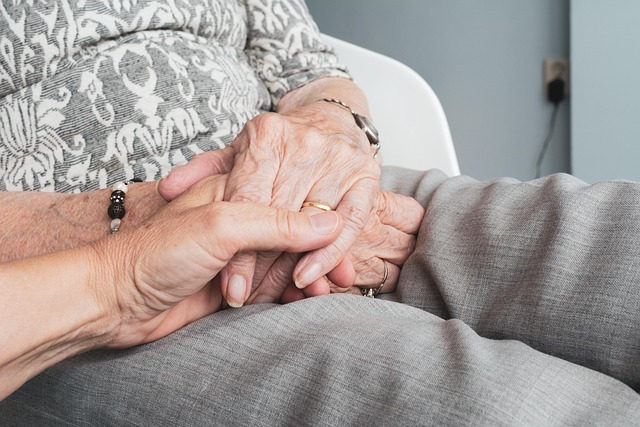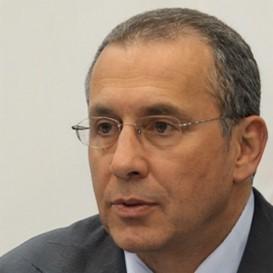
As the global population ages, more families rely on nursing homes and assisted living facilities to care for elderly loved ones. While many of these institutions provide compassionate, high-quality care, alarming cases of neglect and abuse continue to surface. Advocating for safer standards in senior care homes has become not only a moral obligation but a pressing legal and societal issue.
Below, we explore the critical elements of improving elder care, from identifying risk factors to supporting policy reforms and legal accountability.
Understanding the Scope of the Problem
Rising Demand, Stretched Resources
The demand for elder care facilities is rising as the Baby Boomer generation ages. Unfortunately, many care homes are understaffed or underfunded, which increases the risk of neglect. Caregivers often face long hours and heavy workloads, creating an environment where standards can slip.
Common Forms of Abuse and Neglect
Abuse in senior care homes can take many forms:
- Physical abuse: hitting, pushing, or rough handling
- Emotional abuse: verbal assaults, humiliation, or isolation
- Neglect: failure to provide food, medication, hygiene, or mobility support
- Financial abuse: unauthorized use of the resident’s funds or assets
Neglect is often the most pervasive form and hardest to detect because it can be masked by pre-existing health conditions.
The Importance of Enforceable Care Standards
To ensure the dignity, health, and safety of residents, it’s essential to advocate for stringent, enforceable care standards at the state and federal levels.
Staff Training and Qualifications
One of the first steps toward safer environments is improving caregiver training. Staff must understand how to manage the physical and emotional needs of elderly residents, particularly those with dementia or other cognitive impairments.
Minimum training requirements should be standardized, including:
- Geriatric care fundamentals
- Emergency response protocols
- Resident rights education
- Recognizing signs of abuse
Resident-to-Caregiver Ratios
Facilities must maintain adequate staffing ratios. Overburdened staff are more prone to mistakes or may be unable to provide timely care. Mandating regulated caregiver-to-resident ratios would help ensure each resident receives the attention they deserve.
Transparency and Accountability
Transparency measures, such as public inspection reports and online complaint databases, empower families to make informed decisions. These resources should be accessible and updated regularly.
Legal Protections and Advocacy Channels
Reporting Abuse
In cases of suspected abuse, immediate reporting is critical. Most states have adult protective services (APS) hotlines, and healthcare providers are mandatory reporters. Family members should document signs such as unexplained bruises, weight loss, emotional withdrawal, or sudden changes in financial accounts.
Role of Legal Professionals
Victims and their families often turn to legal professionals for justice and accountability. A qualified Las Vegas nursing home abuse lawyer can assist with investigating claims, securing evidence, and pursuing compensation for harm suffered.
Attorneys specializing in this field help ensure that negligent institutions are held accountable, encouraging better industry standards across the board.
Resources for Victims and Families
Reliable legal directories help families connect with reputable attorneys who focus on elder law and abuse cases. These professionals often work on a contingency fee basis, making representation accessible even to those without upfront resources.
Additionally, educational platforms provide valuable information about what constitutes nursing home abuse, how to recognize it, and what legal remedies are available.
Advocating for Systemic Change
While addressing individual cases of abuse is essential, long-term change requires systemic reform. Advocacy efforts can lead to legislative improvements and higher industry standards.
Legislative Reforms
Advocates can support laws that:
- Increase funding for state oversight agencies
- Implement harsher penalties for abuse and neglect
- Require background checks for all caregiving staff
- Improve protections for whistleblowers within care facilities
Stakeholders should also push for national standards to reduce variability in care quality between states.
Family and Community Involvement
Families and local communities play a critical role in advocacy. Regular visits, communication with staff, and participation in resident councils help keep care facilities accountable. Community outreach programs can raise awareness, while volunteer involvement can ease the burden on overworked staff.
Partnering with Advocacy Groups
Organizations such as the National Consumer Voice for Quality Long-Term Care, AARP, and local elder advocacy coalitions offer resources and platforms for making an impact. They often engage in lobbying efforts, publish research, and support litigation against negligent institutions.
Technology as a Tool for Oversight
Incorporating technology into care homes can enhance safety and transparency. Surveillance cameras, electronic health records, and incident tracking software can help identify red flags early and ensure consistent care.
Some families install monitoring systems in rooms with the resident’s consent. While privacy considerations must be addressed, such tools can deter misconduct and provide vital documentation if concerns arise.
Conclusion
Advocating for safer standards in senior care homes is not just about fixing a broken system—it’s about respecting the dignity and rights of our elders. From improving training and oversight to leveraging legal resources and community advocacy, there are many pathways to make a meaningful difference.
Families, caregivers, policymakers, and attorneys must work collaboratively to ensure that care homes are not just places of residence, but places of respect, healing, and safety. Only by raising our collective voice can we truly protect those who once protected us.

As a journalist, Leland Bengtson dedicated most of his career to law reporting. His greatest satisfaction is to convey legal matters to the public in a language that they can understand. He is active on various platforms and media outlets, writing about common legal issues that people confront every day. While medical malpractice is his strong suit, Leland covers plenty of other topics, including personal injury cases, family law, and other civil and even criminal legal matters.